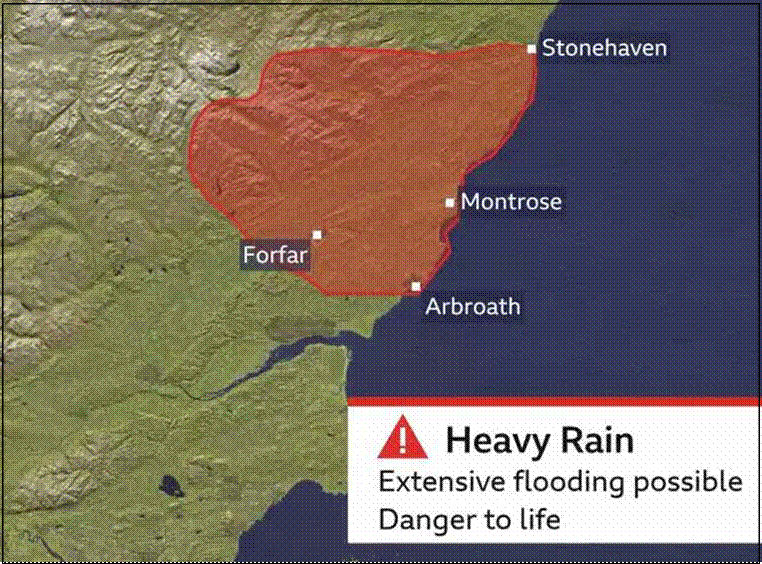Some of the video’s shared during Storm Babet were alarming including the torrent of water through a forest. While these events are exceptional, persistent wet conditions in winter are not. When discussing diffuse pollution, it is sometimes said that ‘stopping’ is the most powerful
tool we have. I disagree, ‘planning’ is the most powerful tool we have.
We can expect with some certainty that winter will bring lots of rain and conditions on site will become challenging.
We must plan our works based on the site and all the constraints associated with it, including the presence of private water supplies.
The media is very good at pushing out weather warnings so we know when particularly bad conditions are headed our way. We should use these warnings as a prompt to review the effectiveness of our controls and if we feel they will remain adequate. Preventing diffuse pollution is much easier than dealing with its consequences.. Getting water off tracks and into vegetated areas early and in several places within a site can be an effective control, rather than trying to deal with a large volume of water at the lowest point of a track. Stopping is still a powerful tool we can use.
It is important to stop work before diffuse pollution occurs.
To find out more about diffuse pollution, your responsibilities and what you can do to prevent it, our online training is still available for all operators, contractors and managers, just use the QR code to gain access
.




